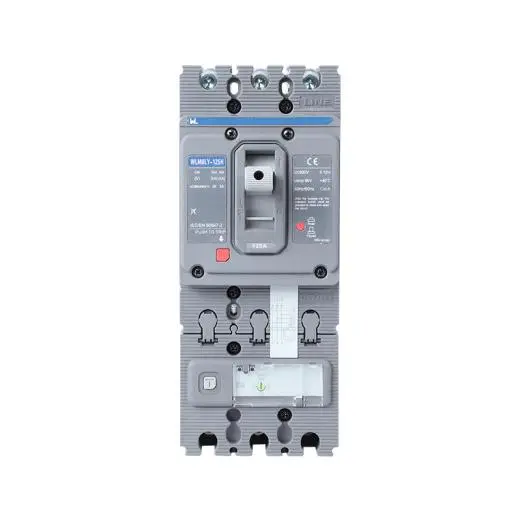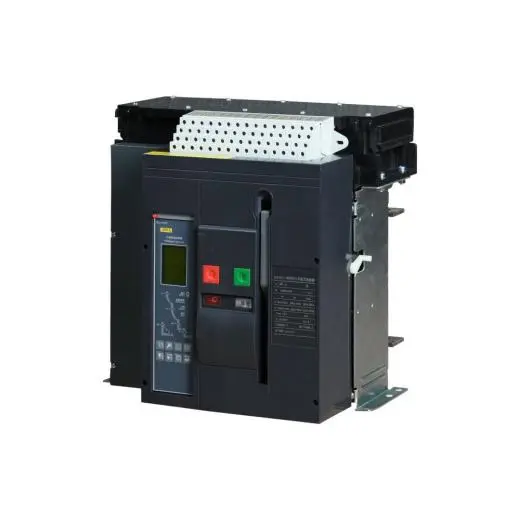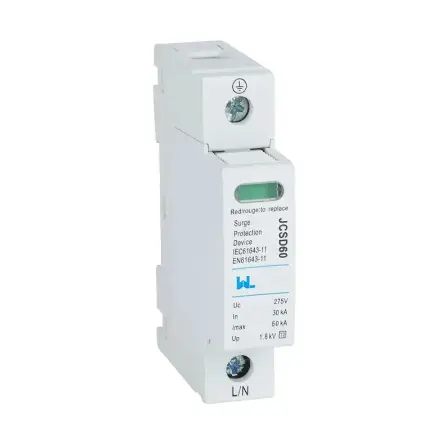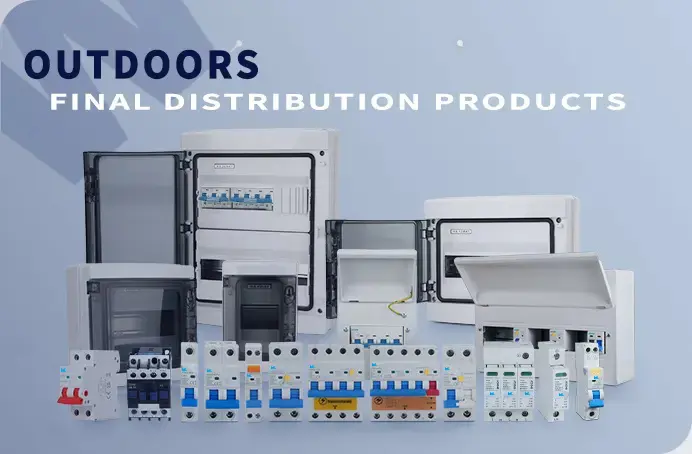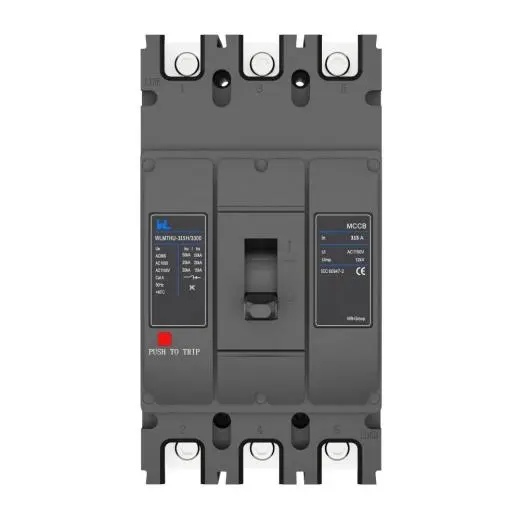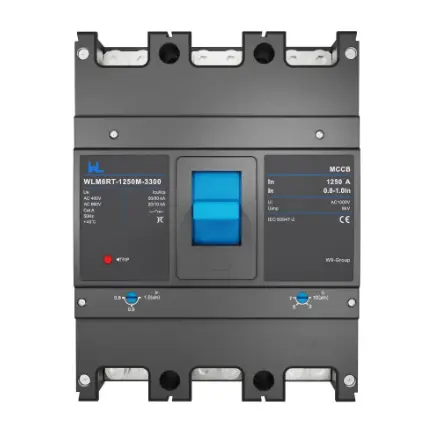Modular Contactors: The Unsung Heroes of Modern Electrical Systems
In the relentless wave of efficiency and automation that characterizes our days today, there are some which work behind the scenes, quietly doing their bit towards making our electrical systems run glitch-free. One such is the modular contactor. Not as widely known as some electrical devices, but part of every application, whether residential or that of business parks, modular contactors do their job.
What Is a Modular Contactor?
A contactor is an electromechanically controlled switch that is utilized to switch an electric power circuit. A contactor is different from other general-purpose relays in the sense that they are designed to be hard-wired to high-current load devices. Contactors are used primarily to automate building and facility operation as switching devices with high voltage and high current withstanding capability. The "modular" in their names is because they are all a standard size and shape so they will fit into modular electrical panels neatly.

How Do Modular Contactors Work?
The middle of a modular contactor is an electromagnet. When there is electric current flowing through the coil of the electromagnet, it creates a magnetic field to close the circuit by drawing towards one another a pair of contacts, in order for current to be delivered to the load. The moment the coil is de-energized, there is a spring-induced force of pulling-apart that separates the contacts and the circuit is broken. It is that practical and easy device that can render the remote control of heavy loads through small currents possible.
Key Features and Benefits
Modular contactors may not be the most flashy piece of hardware in your electrical system, but they certainly get the job done when it comes to performance. These efficient and no-nonsense devices are designed to regulate and control electrical circuits without batting an eyelash, and provide safety and reliability wherever they're installed. Here's a rundown of the key features and benefits that make modular contactors a key element in today's electrical systems:
- Flexibility: Modular contactors find applications in a wide range of uses, ranging from lighting to heating control, motor control, etc.
- Security: They provide secure switching of high-current circuits, reducing electrical fire hazards and damage to equipment.
- Compactness: Modularity allows them to be mounted easily in standard electric panels with space-saving and simple wiring.
- Energy Efficiency: By automatically controlling electrical loads, modular contactors can save operating costs and energy.
Applications in Various Industries
Home Application: Home contactors in home applications are used to provide power to lighting circuits, heaters, and household appliances. They can be integrated into home automation, where homeowners can pre-program operations or remotely manage appliances:
- Commercial Installations:Modular contactors applied in office buildings, shopping centers, and other commercial buildings operate lighting, air-conditioning units, and other loads. They find optimum application in these buildings since they are rated for higher currents.
- Industrial Installations: Modular contactors in industrial installations operate equipment, motors, and other heavy machinery. They have a rugged construction to withstand normal operation even in high usage.
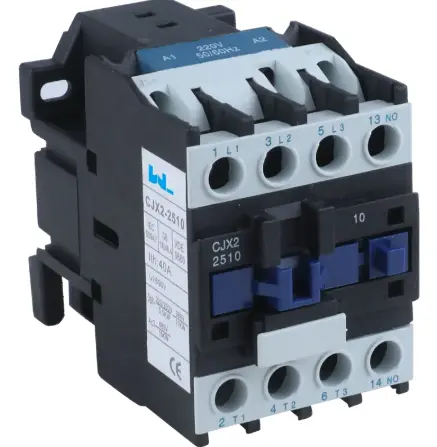

Selecting the Suitable Modular Contactor
When selecting a modular contactor, the following points should be remembered:
- Load Type: Determine whether the load is resistive (such as heating elements) or inductive (such as motors), as the selection of the contactor would be carried out accordingly.
- Current and Voltage Ratings:Select a contactor which would be able to handle the peak current and voltage of the application.
- Coil Voltage: The control coil voltage of the contactor must be the same as the control circuit voltage.
- Number of poles: Choose a proper no. of poles contactor (single, double, etc.) as needed in the circuit.
- Auxiliary contacts: Certain applications necessitate extra special auxiliary contacts to meet interlocking and/or signalling requirements.
Maintenance and Safety Considerations
Regular maintenance of modular contactors ensures their longevity and faultless functioning. Inspect for wear through pitting or discoloration of contacts and replace parts accordingly. Carry out maintenance when the contactor is de-energized to prevent electrical shocks.
The Future of Modular Contactors
As technology advances, modular contactor design is also being modified to cater to the needs of modern electrical systems. Smart home system compatibility, energy efficiency, and other protection features are some aspects where things are different. Contactors are not just being optimized today but also designed to be more multifunctional to cater to changing customer and industry requirements.
In conclusion
Modular contactors are perhaps not the most glamorous piece of electrical equipment, yet they are undoubtedly essential. Powering home appliances and operating complex industrial machinery, modular contactors are the reliability and efficiency the world requires today. Considering the future and a more universal embrace of automation and smart technology, demand for modular contactors will only grow more voracious, solidifying their position as essential components of our electrical infrastructure.

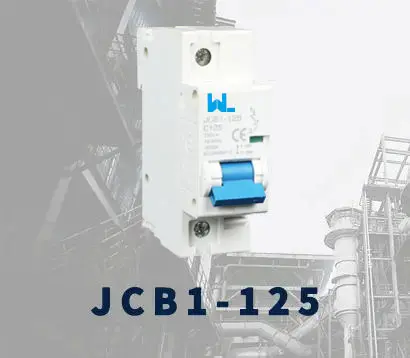 JCB1-125
JCB1-125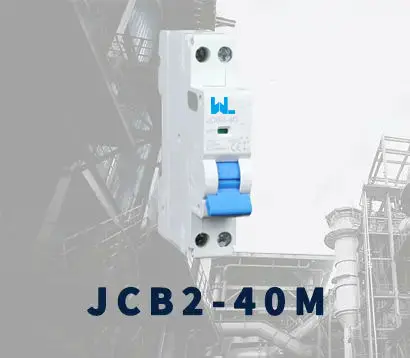 JCB2-40M
JCB2-40M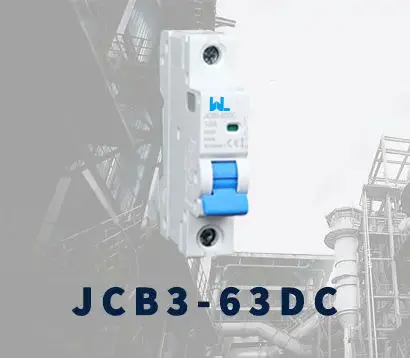 JCB3-63DC
JCB3-63DC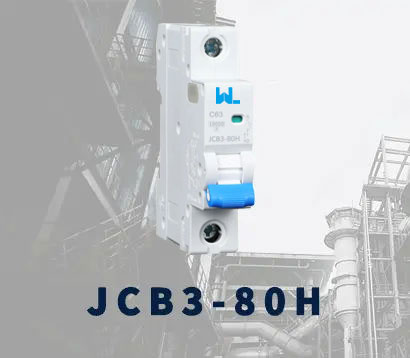 JCB3-80H
JCB3-80H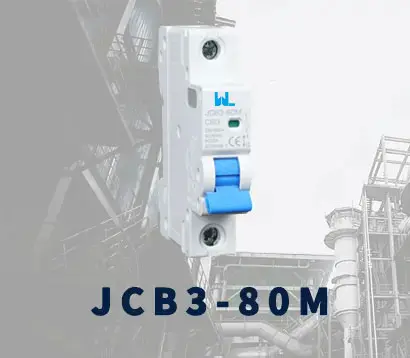 JCB3-80M
JCB3-80M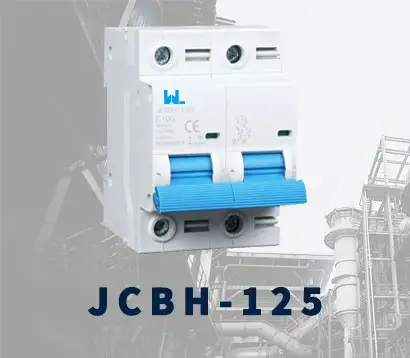 JCBH-125
JCBH-125 JC125-4P
JC125-4P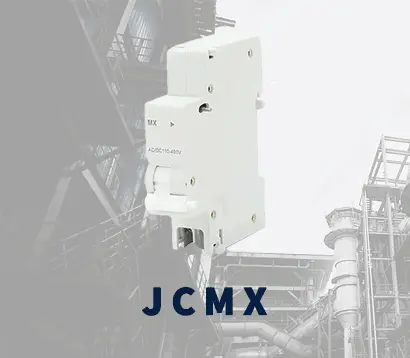 JCMX
JCMX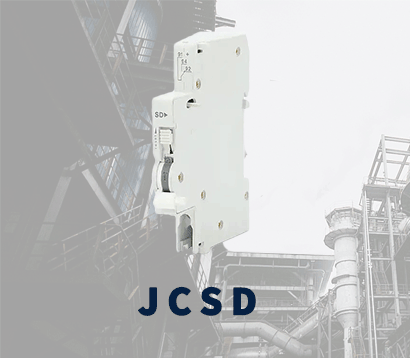 JCSD
JCSD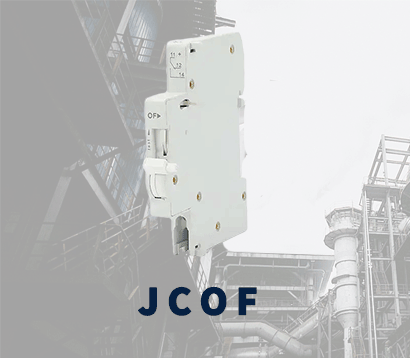 JCOF
JCOF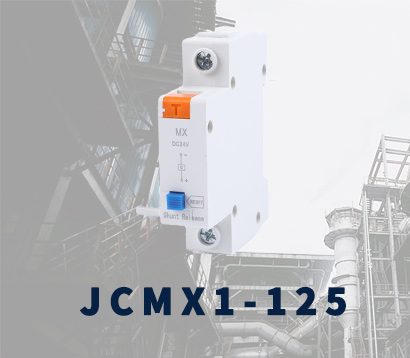 JCMX1-125
JCMX1-125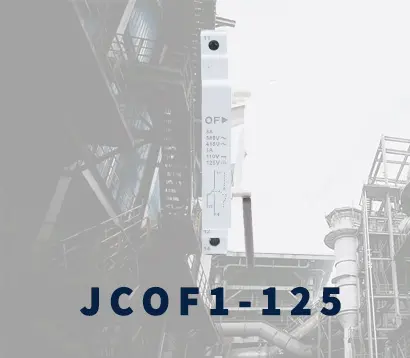 JCOF1-125
JCOF1-125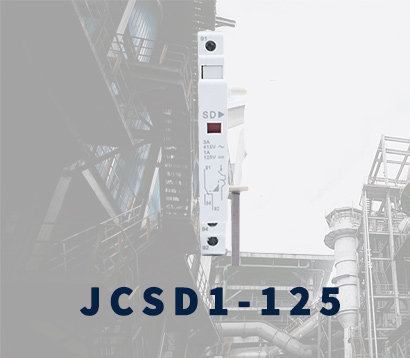 JCSD1-125
JCSD1-125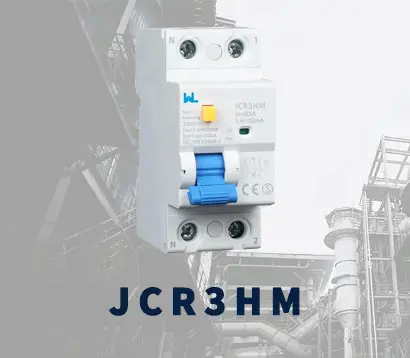 JCR3HM
JCR3HM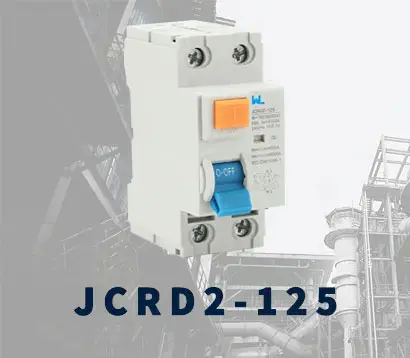 JCRD2-125
JCRD2-125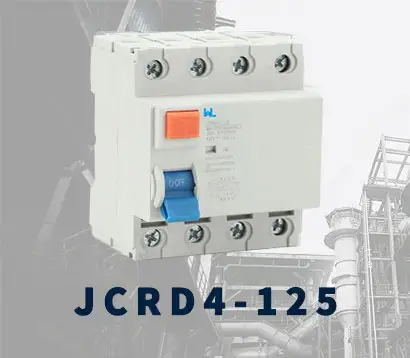 JCRD4-125
JCRD4-125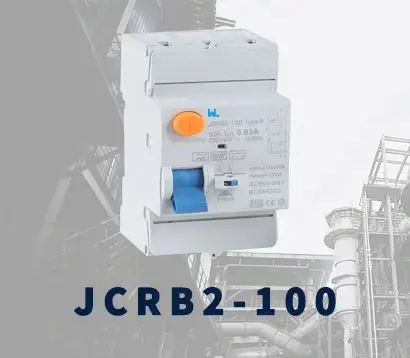 JCRB2-100
JCRB2-100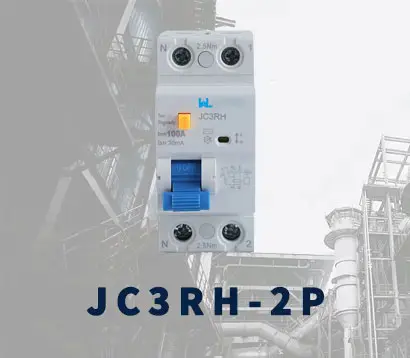 JC3RH-2P
JC3RH-2P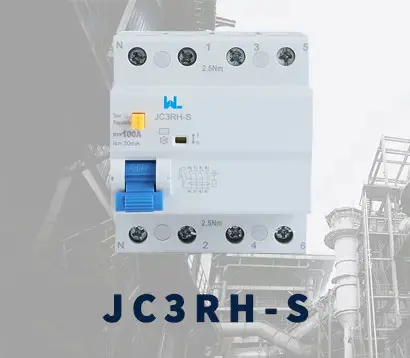 JC3RH-S
JC3RH-S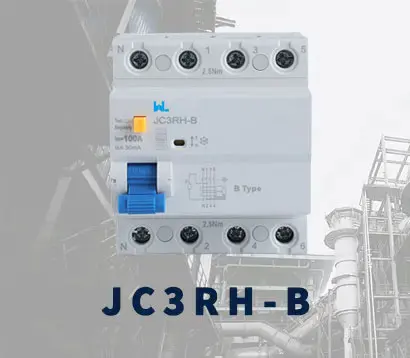 JC3RH-B
JC3RH-B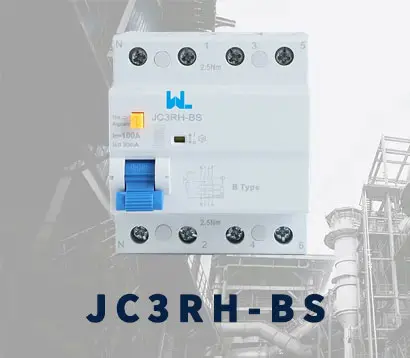 JC3RH-BS
JC3RH-BS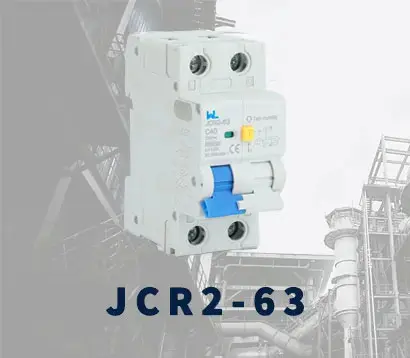 JCR2-63
JCR2-63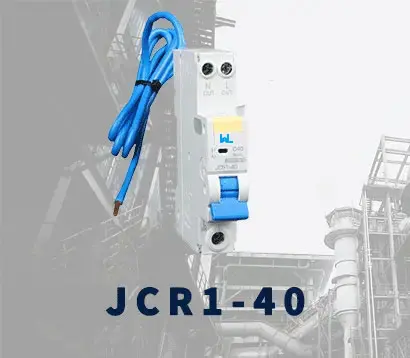 JCR1-40
JCR1-40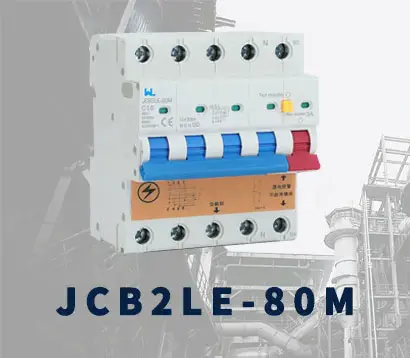 JCB2LE-80M
JCB2LE-80M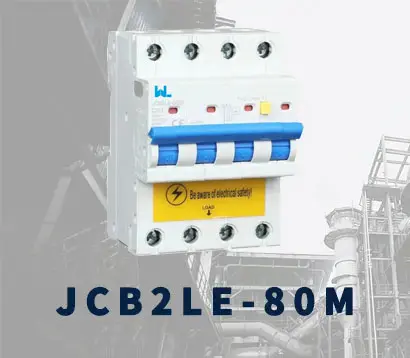 JCB2LE-80M
JCB2LE-80M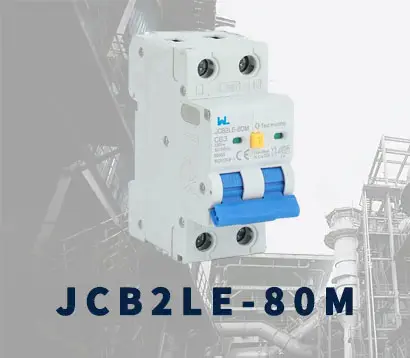 JCB2LE-80M
JCB2LE-80M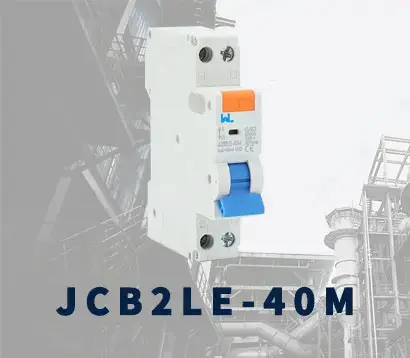 JCB2LE-40M
JCB2LE-40M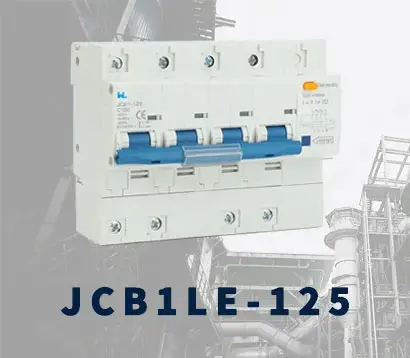 JCB1LE-125
JCB1LE-125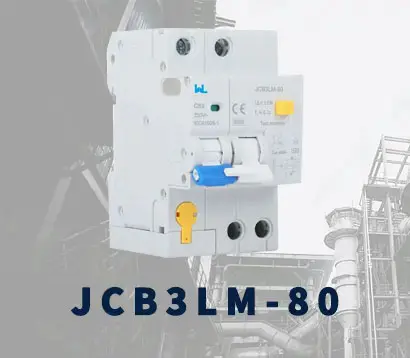 JCB3LM-80
JCB3LM-80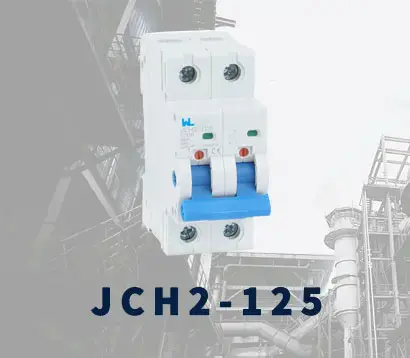 JCH2-125
JCH2-125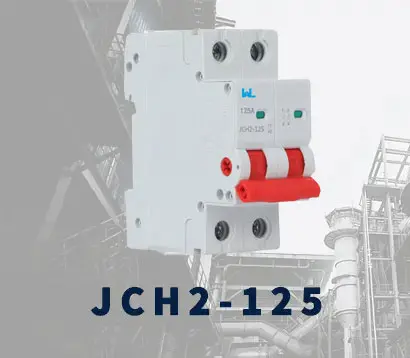 JCH2-125
JCH2-125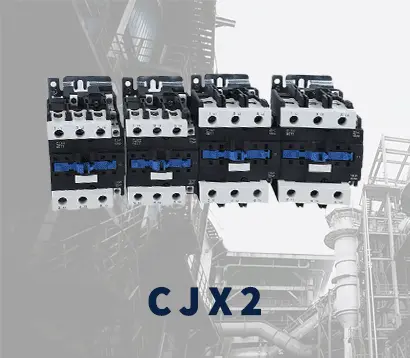 CJX2
CJX2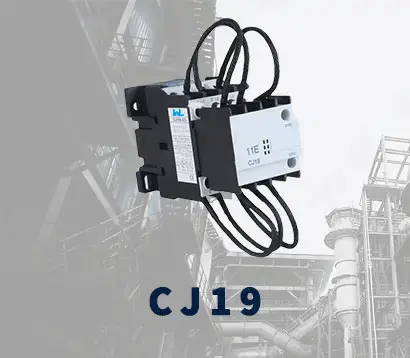 CJ19
CJ19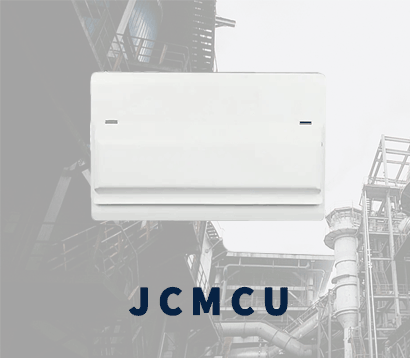 JCMCU
JCMCU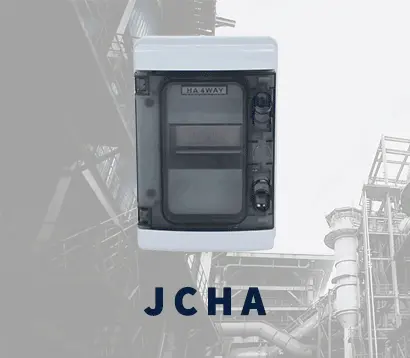 JCHA
JCHA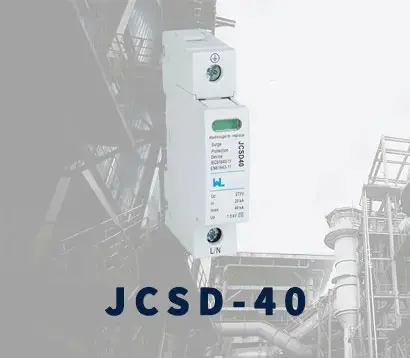 JCSD-40
JCSD-40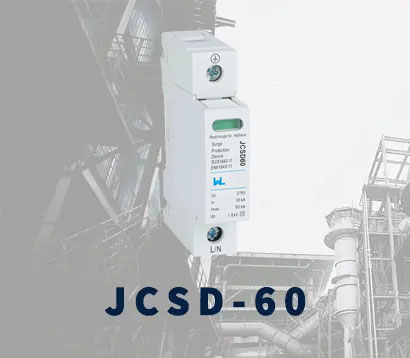 JCSD-60
JCSD-60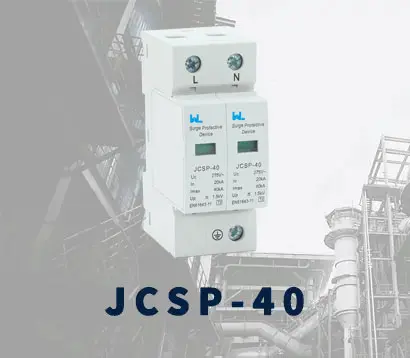 JCSP-40
JCSP-40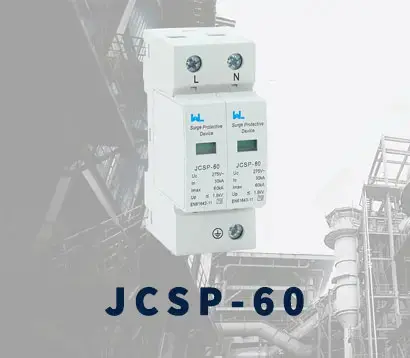 JCSP-60
JCSP-60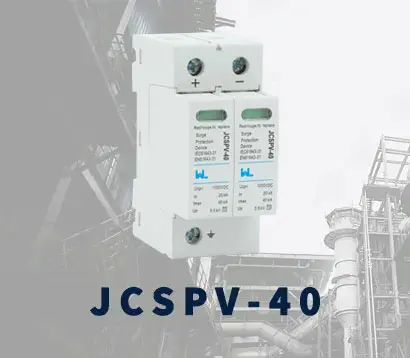 JCSPV
JCSPV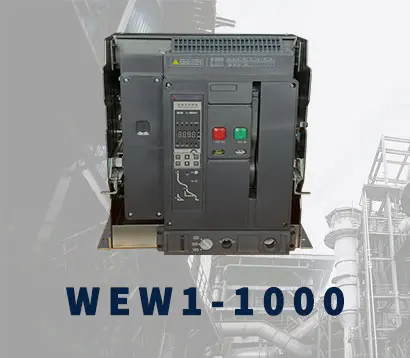 WEW1-1000
WEW1-1000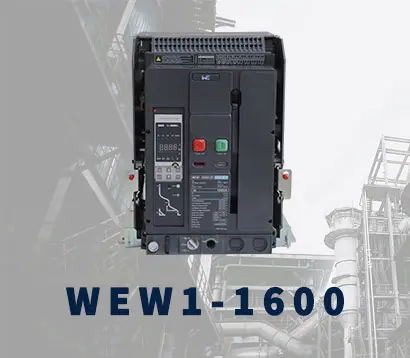 WEW1-1600
WEW1-1600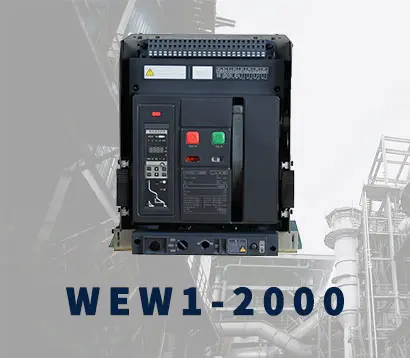 WEW1-2000
WEW1-2000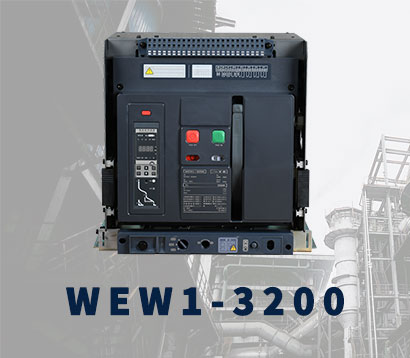 WEW1-3200
WEW1-3200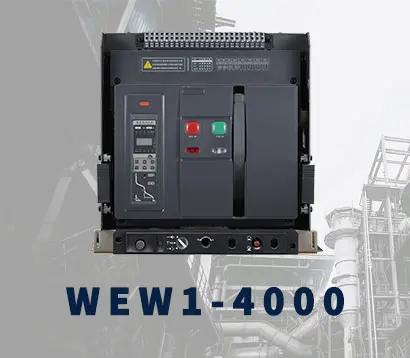 WEW1-4000
WEW1-4000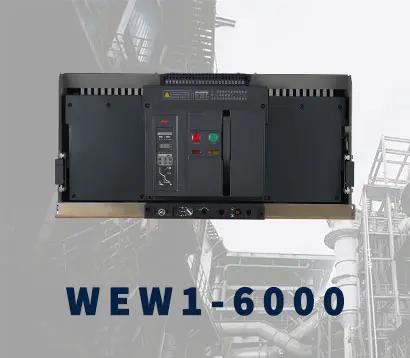 WEW1-6300
WEW1-6300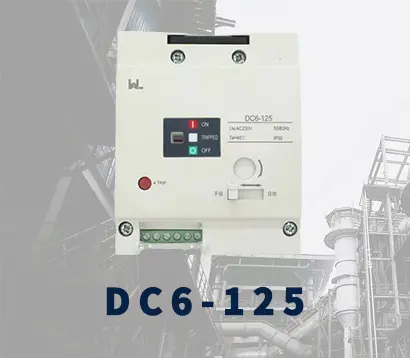 DC6-125
DC6-125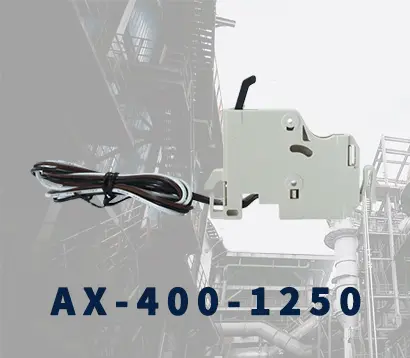 AX-400-1250
AX-400-1250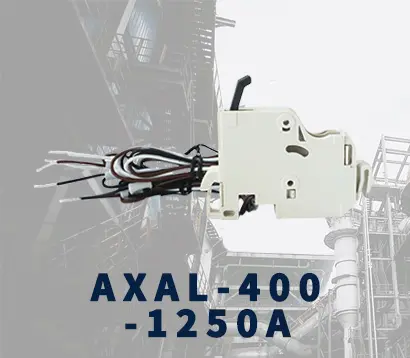 AXAL-400-1250A
AXAL-400-1250A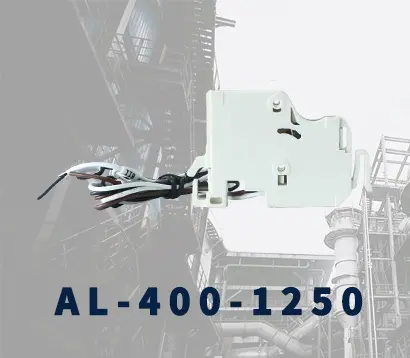 AL-400-1250
AL-400-1250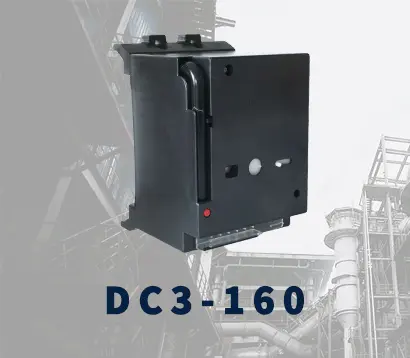 DC3-160
DC3-160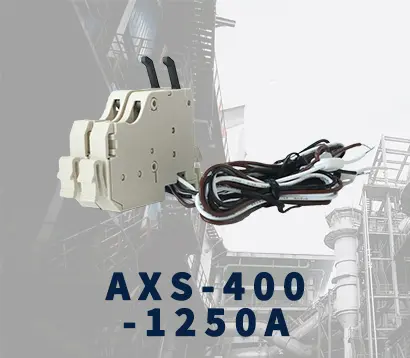 AXS-400-1250A
AXS-400-1250A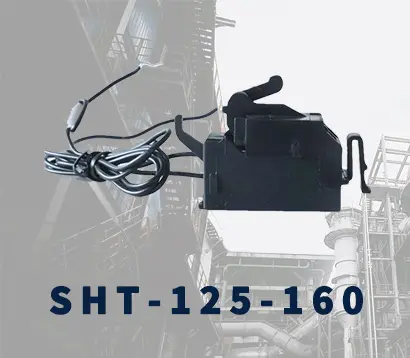 SHT-125-160
SHT-125-160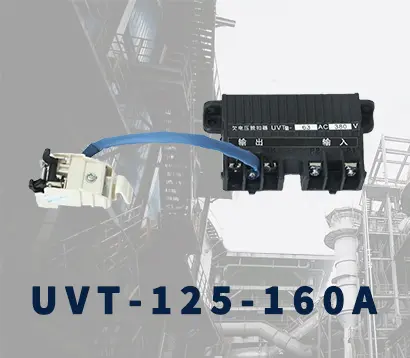 UVT-125-160A
UVT-125-160A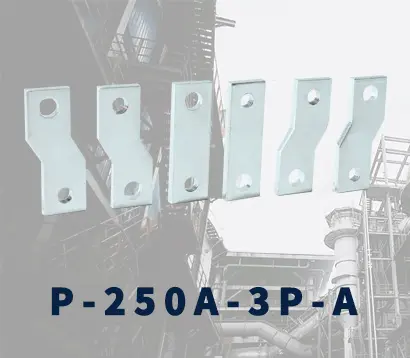 P-250A-3P-A
P-250A-3P-A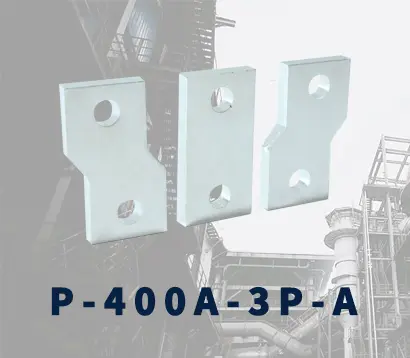 400-3P/4P terminal cover
400-3P/4P terminal cover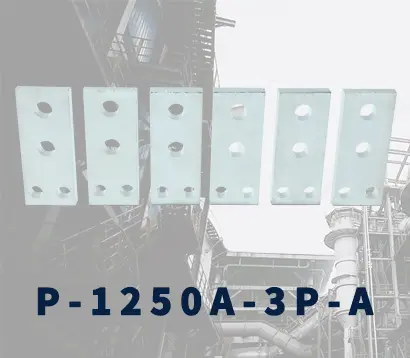 1250-3Pmccb accessories busbar
1250-3Pmccb accessories busbar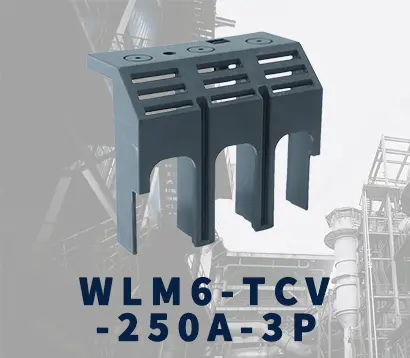 250-3P terminal conver
250-3P terminal conver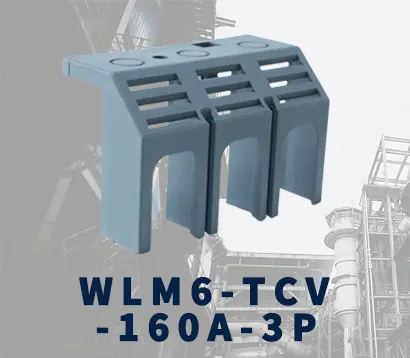 WLM6-TCV-160A-3P
WLM6-TCV-160A-3P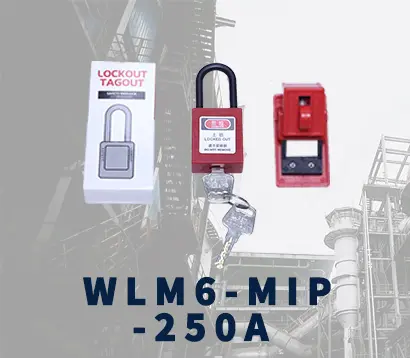 WLM6-MIP-250A
WLM6-MIP-250A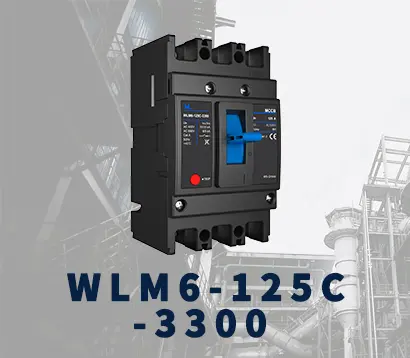 WLM6-125A-3300 3P/4P
WLM6-125A-3300 3P/4P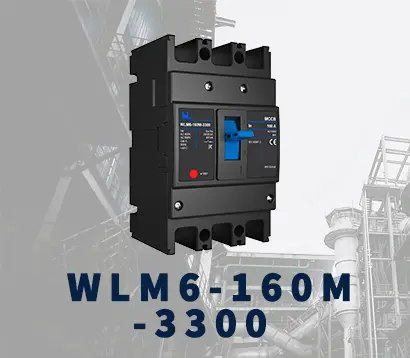 WLM6-160A-3300 3P/4P
WLM6-160A-3300 3P/4P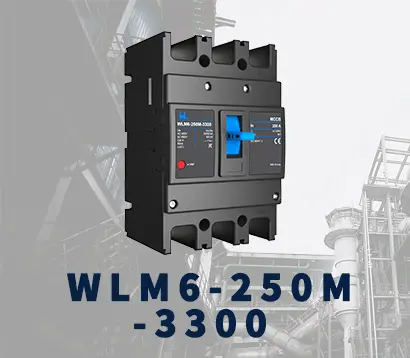 WLM6-250A-3300 3P/4P
WLM6-250A-3300 3P/4P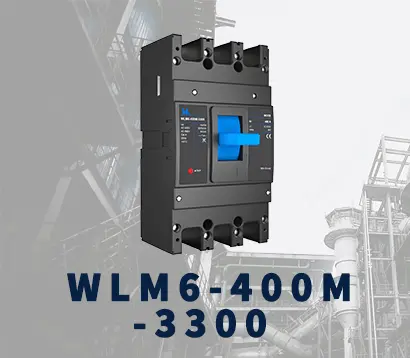 WLM6-400A-3300 3P/4P
WLM6-400A-3300 3P/4P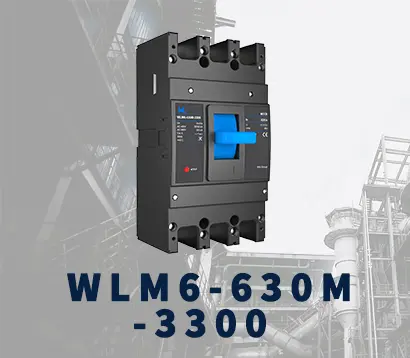 WLM6-630A-3300 3P/4P
WLM6-630A-3300 3P/4P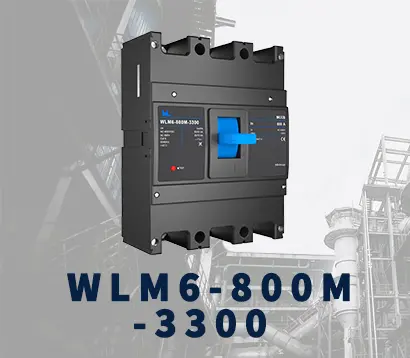 WLM6-800A-3300 3P/4P
WLM6-800A-3300 3P/4P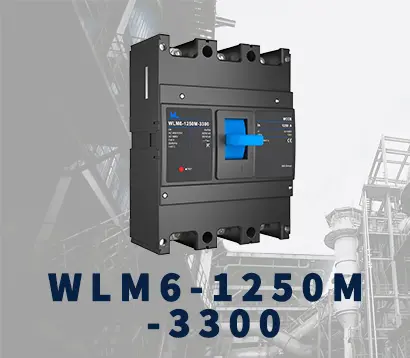 WLM6-1250A-3300 3P/4P
WLM6-1250A-3300 3P/4P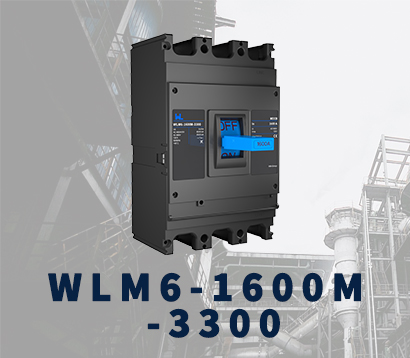 WLM6-1600A-3300 3P/4P
WLM6-1600A-3300 3P/4P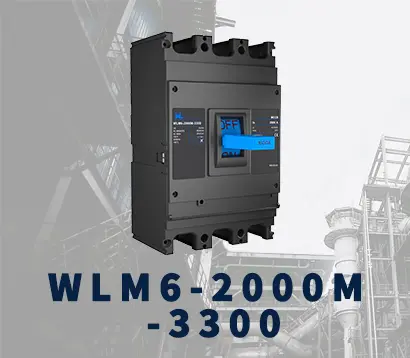 WLM6-2000A 3P/4P
WLM6-2000A 3P/4P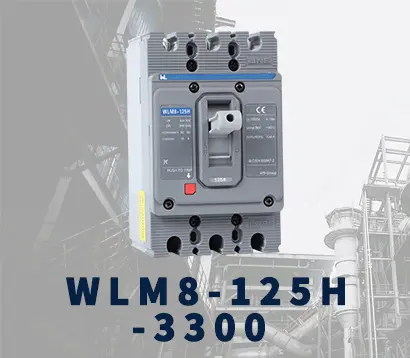 WLM8-125H-3300
WLM8-125H-3300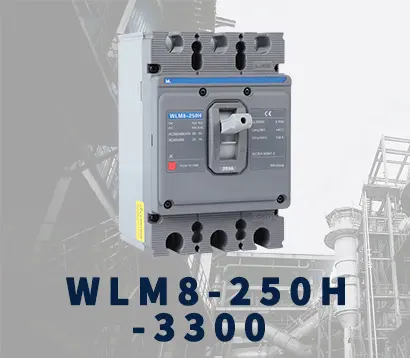 WLM8-250H-3300
WLM8-250H-3300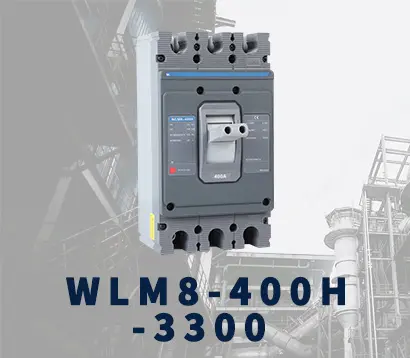 WLM8-400H-3300
WLM8-400H-3300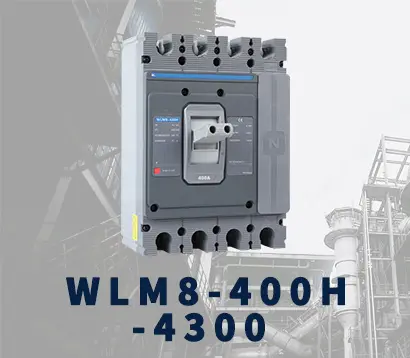 WLM8-400H-4300
WLM8-400H-4300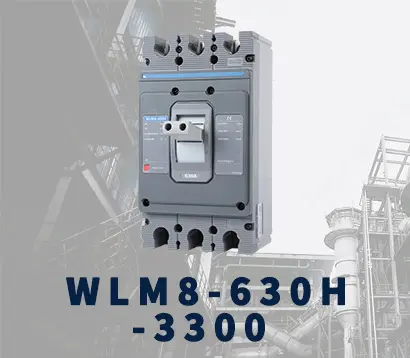 WLM8-630H-3300
WLM8-630H-3300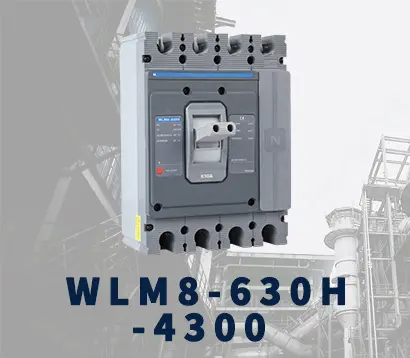 WLM8-630H-4300
WLM8-630H-4300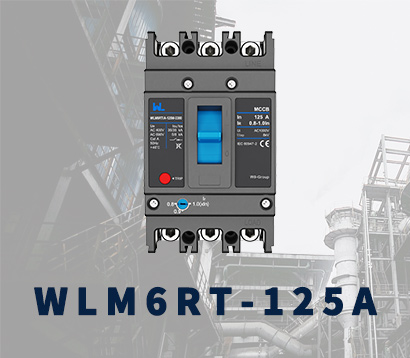 WLM6RT-125A
WLM6RT-125A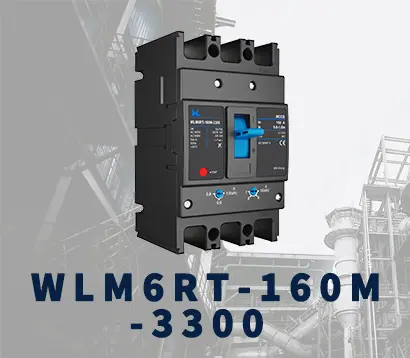 WLM6RT-160A
WLM6RT-160A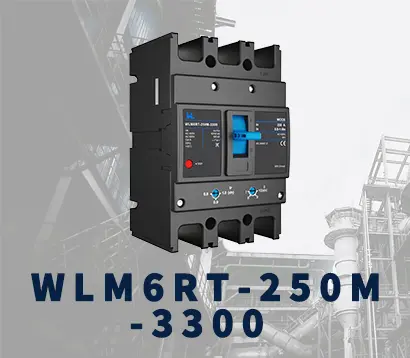 WLM6RT-250A
WLM6RT-250A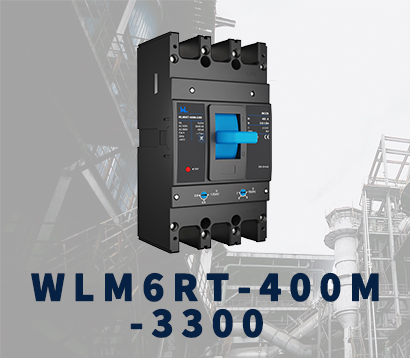 WLM6RT-400A
WLM6RT-400A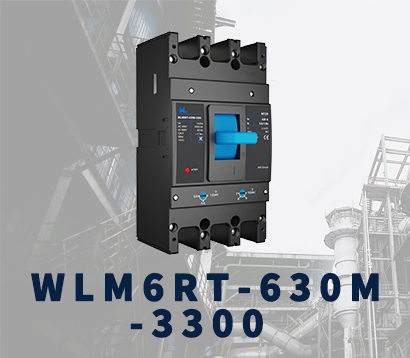 WLM6RT-630A
WLM6RT-630A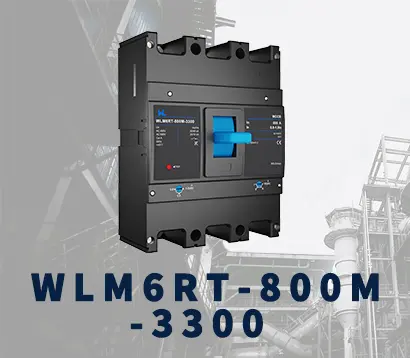 WLM6RT-800A
WLM6RT-800A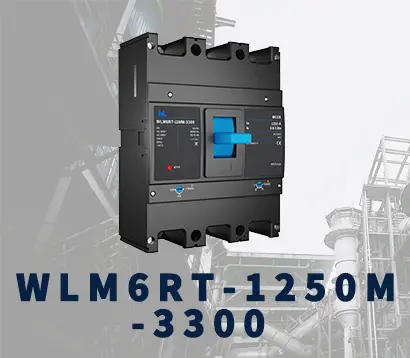 WLM6RT-1250A
WLM6RT-1250A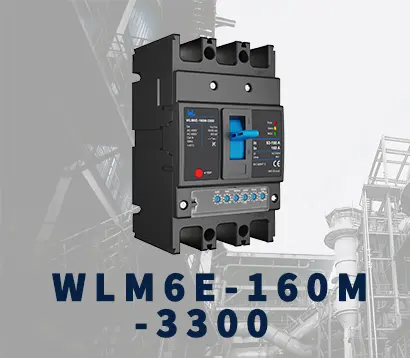 WLM6E-160A-3300 3P
WLM6E-160A-3300 3P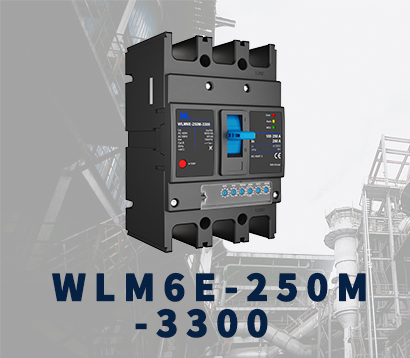 WLM6E-250A-3300
WLM6E-250A-3300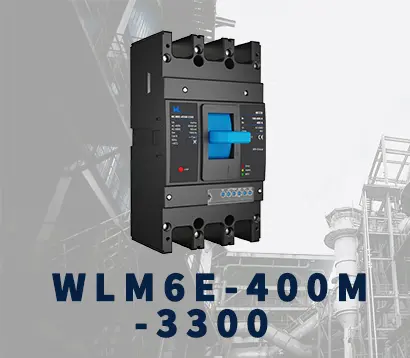 WLM6E-400A-3300 3P/4P
WLM6E-400A-3300 3P/4P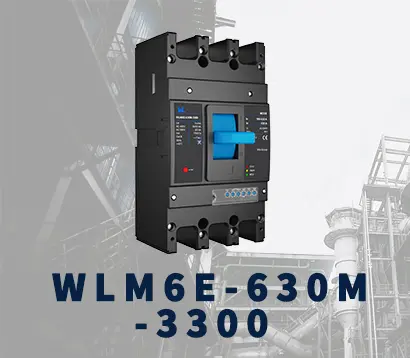 WLM6E-630A-3300
WLM6E-630A-3300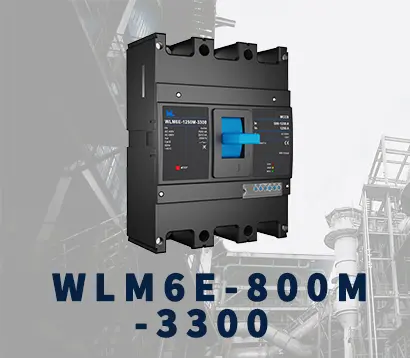 WLM6E-800A-3300 3P/4P
WLM6E-800A-3300 3P/4P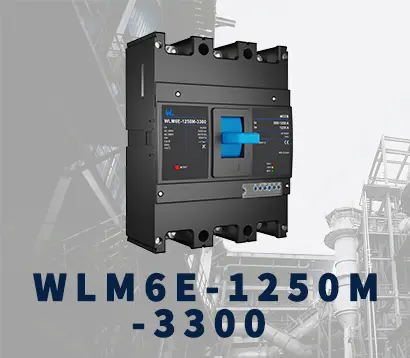 WLM6E-1250A-3300
WLM6E-1250A-3300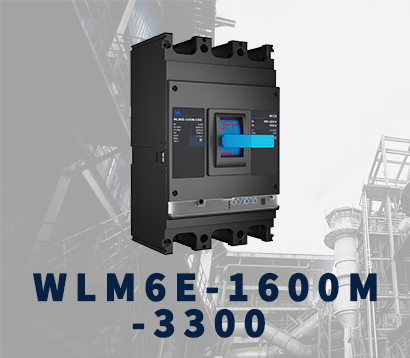 WLM6E-1600-3300 3P/4P
WLM6E-1600-3300 3P/4P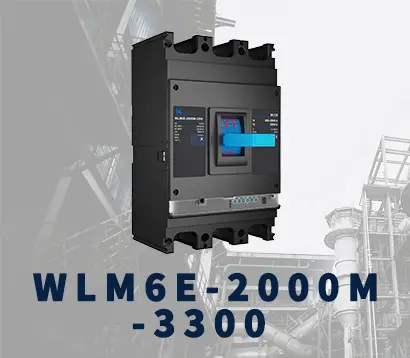 WLM6E-2000A-3300 3P/4P
WLM6E-2000A-3300 3P/4P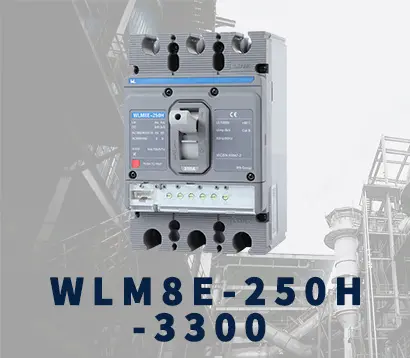 WLM8E-250H-3300
WLM8E-250H-3300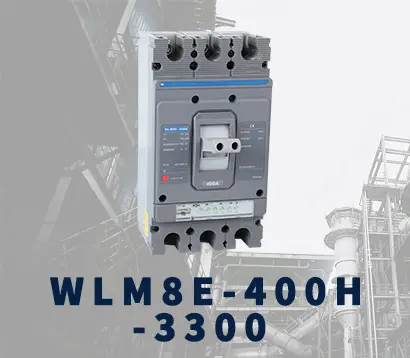 WLM8E-400H-3300
WLM8E-400H-3300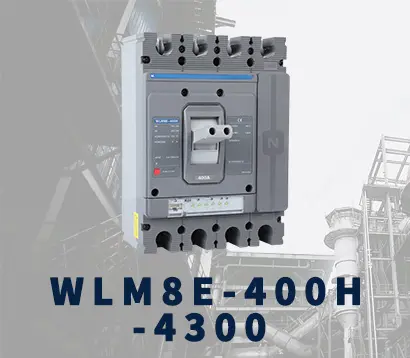 WLM8E-400H-4300
WLM8E-400H-4300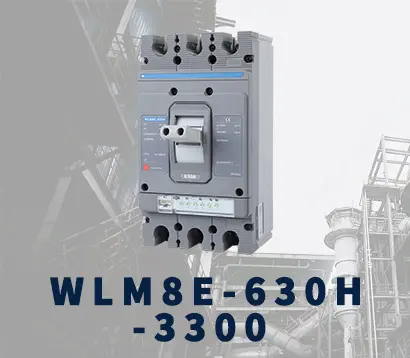 WLM8E-630H-3300
WLM8E-630H-3300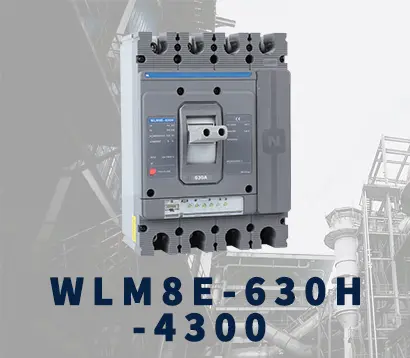 WLM8E-630H-4300
WLM8E-630H-4300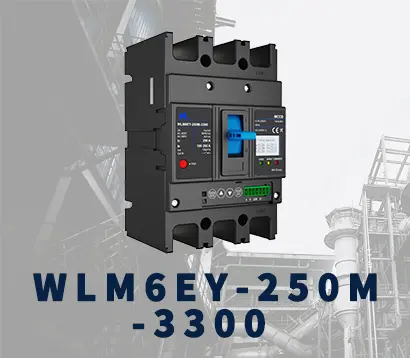 WLM6EY-250-3300 3P/4P
WLM6EY-250-3300 3P/4P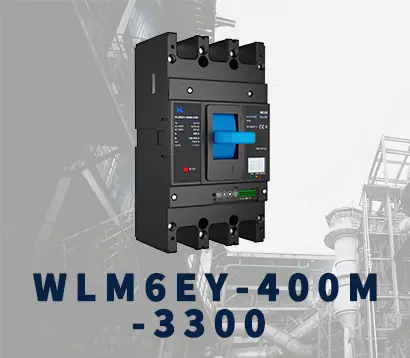 WLM6EY-400 3P/4P
WLM6EY-400 3P/4P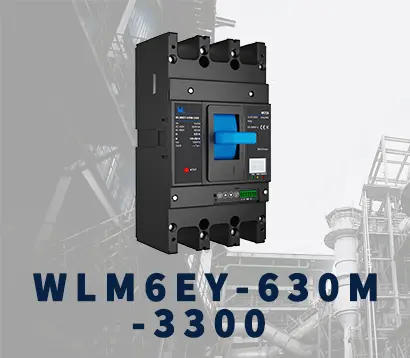 WLM6EY-630 3P/4P
WLM6EY-630 3P/4P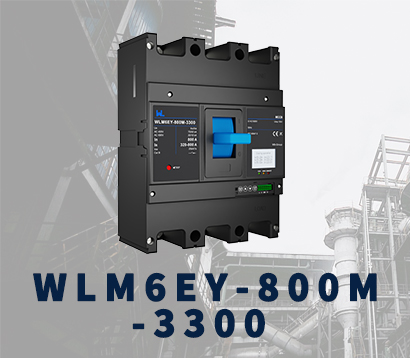 WLM6EY-800A 3P/4P
WLM6EY-800A 3P/4P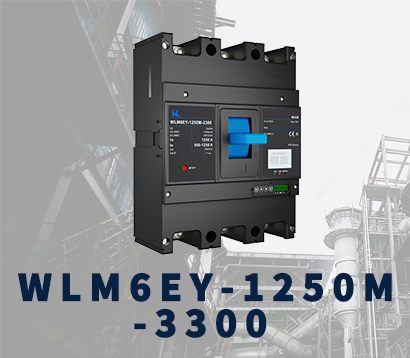 WLM6EY-1250A 3P/4P
WLM6EY-1250A 3P/4P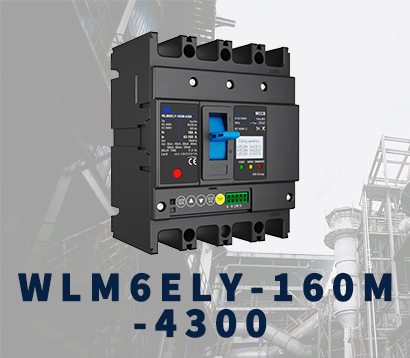 WLM6ELY-160A
WLM6ELY-160A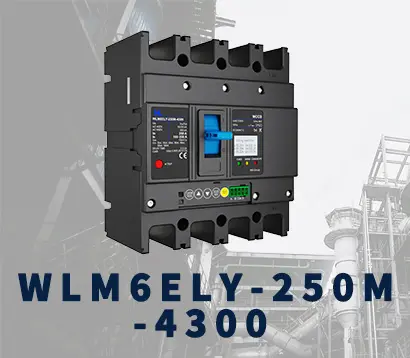 WLM6ELY-250A
WLM6ELY-250A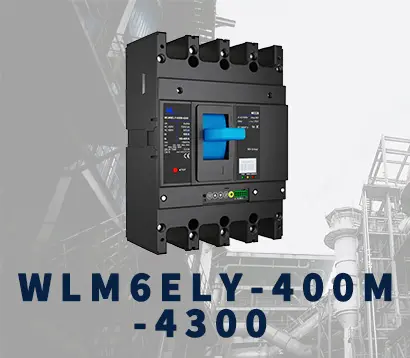 WLM6ELY-400A
WLM6ELY-400A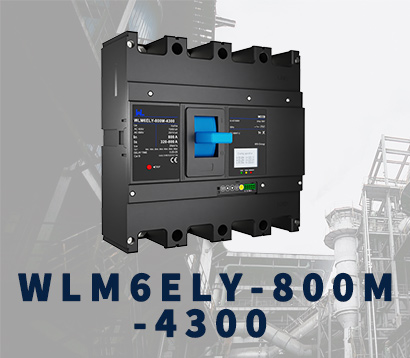 WLM6ELY-800A
WLM6ELY-800A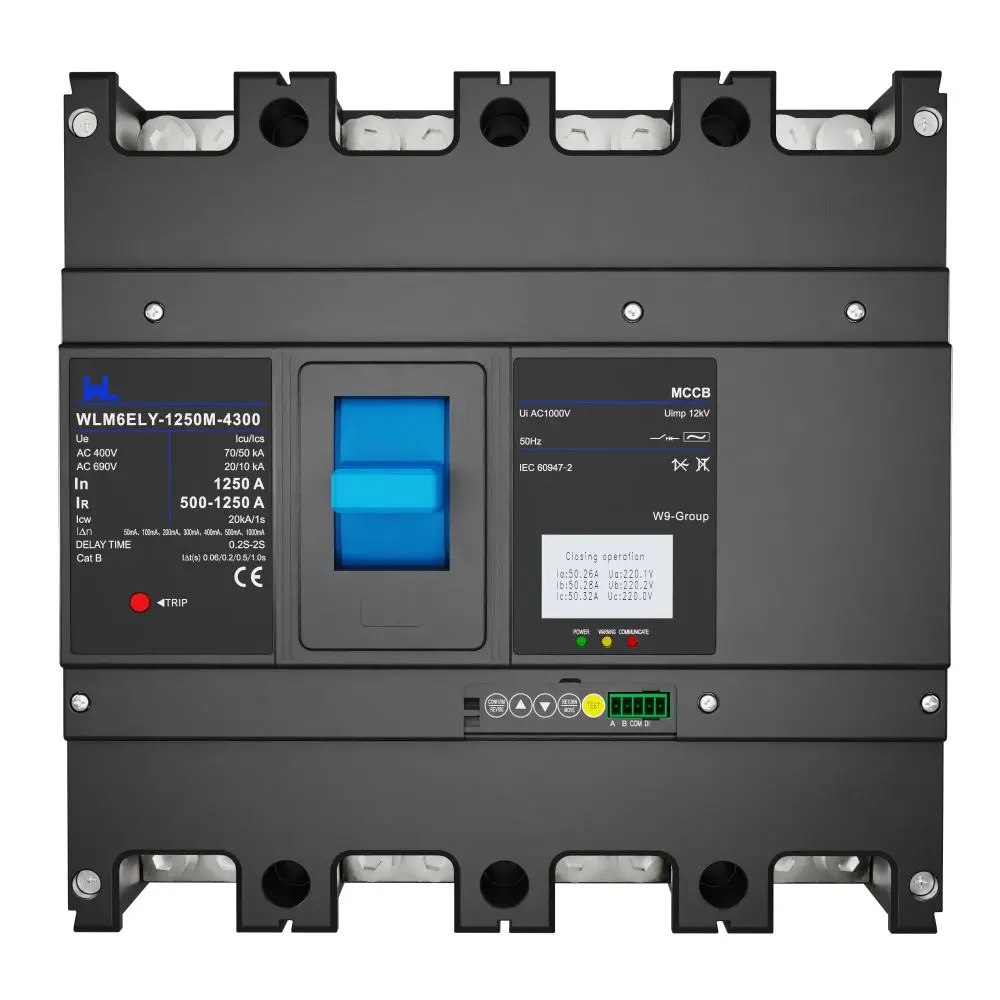 WLM6ELY-1250A
WLM6ELY-1250A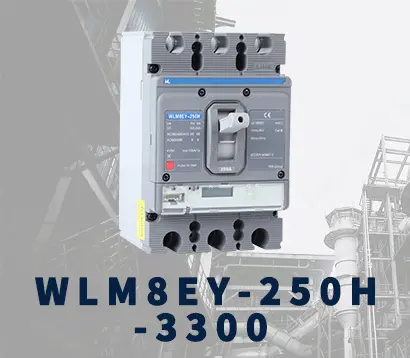 WLM8EY-250H-3300
WLM8EY-250H-3300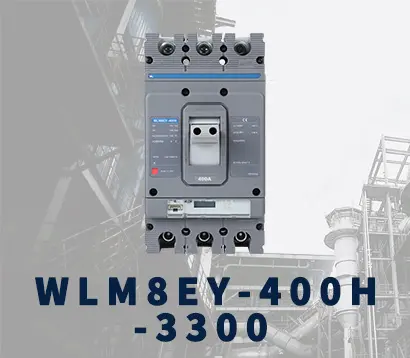 WLM8EY-400H-3300
WLM8EY-400H-3300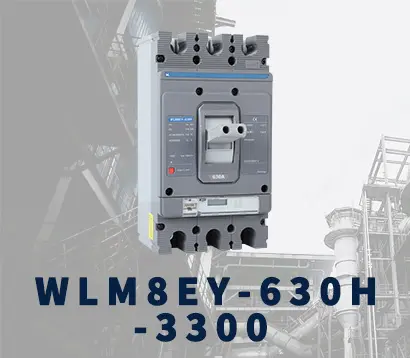 WLM8EY-630H-3300
WLM8EY-630H-3300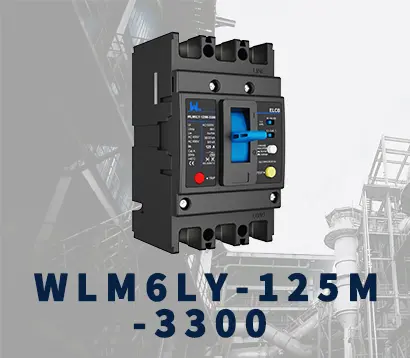 WLM6LY-125A
WLM6LY-125A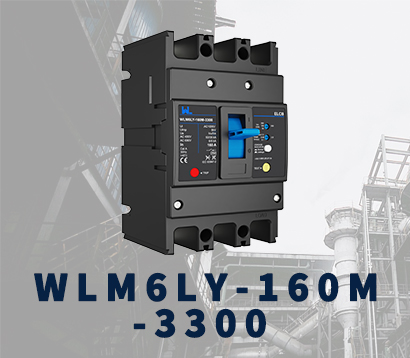 WLM6L-160A
WLM6L-160A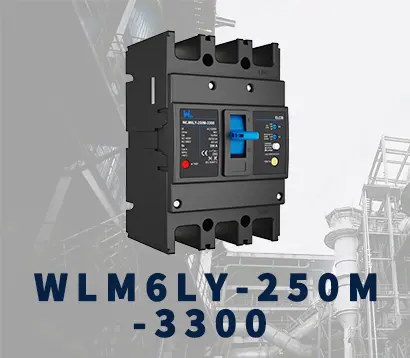 WLM6LY-250A
WLM6LY-250A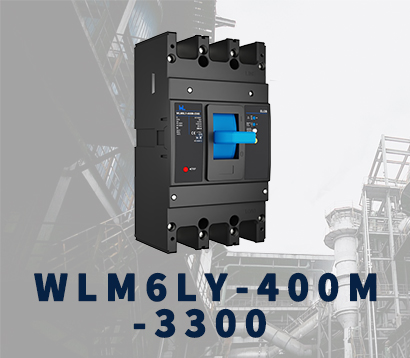 WLM6LY-400A
WLM6LY-400A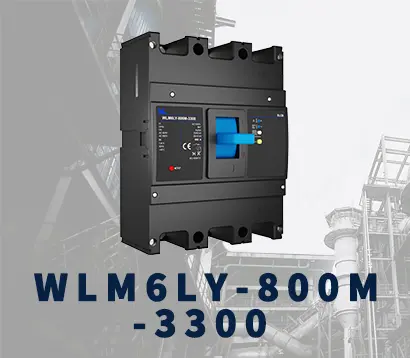 WLM6LY-800A
WLM6LY-800A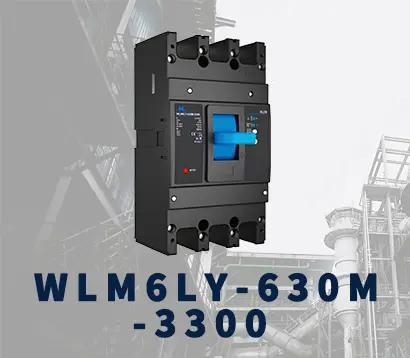 WLM6LY-630A
WLM6LY-630A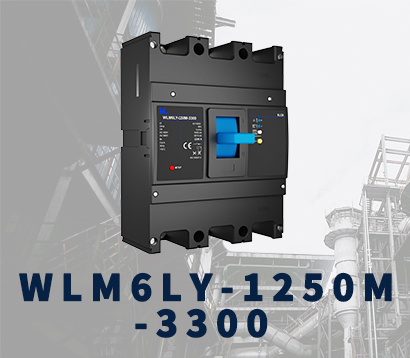 WLM6LY-1250A
WLM6LY-1250A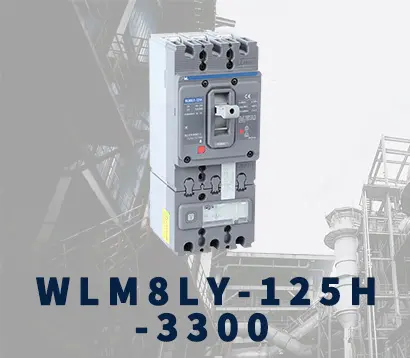 WLM8LY-125H-3300
WLM8LY-125H-3300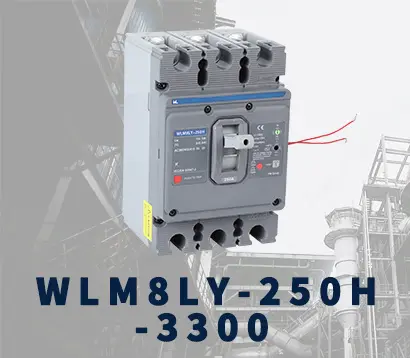 WLM8LY-250H-3300
WLM8LY-250H-3300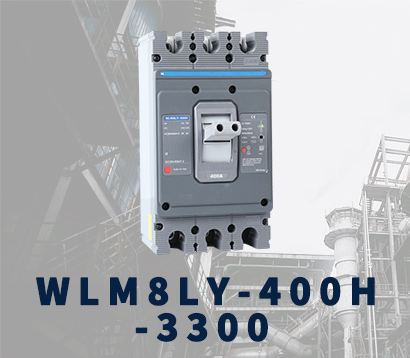 WLM8LY-400H-3300
WLM8LY-400H-3300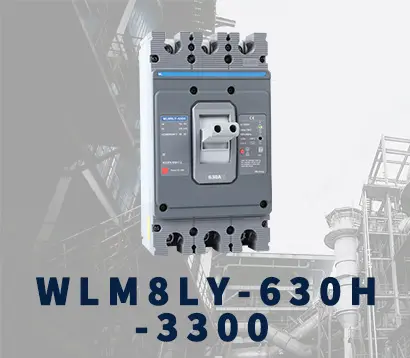 WLM8LY-630H-3300
WLM8LY-630H-3300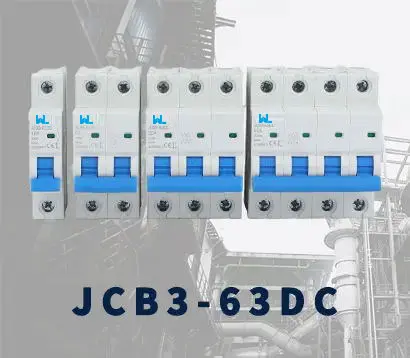 JCB3-63DC
JCB3-63DC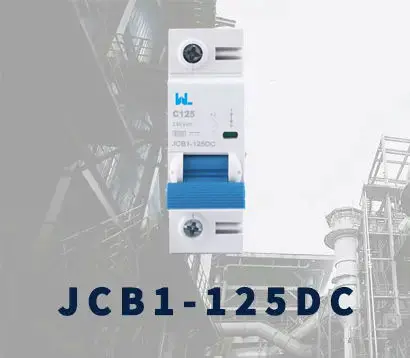 JCB1-125DC
JCB1-125DC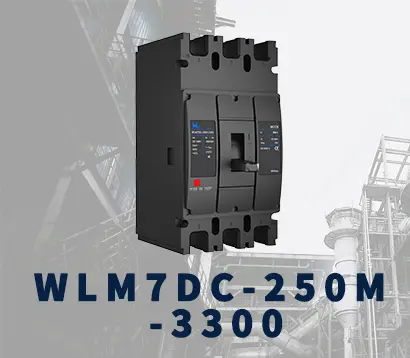 WLM7DC-250A-2300 2P/3P
WLM7DC-250A-2300 2P/3P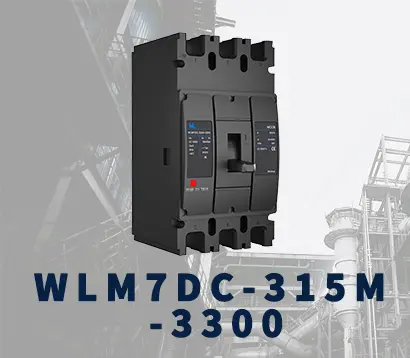 WLM7DC-315A-3300 2P/3P
WLM7DC-315A-3300 2P/3P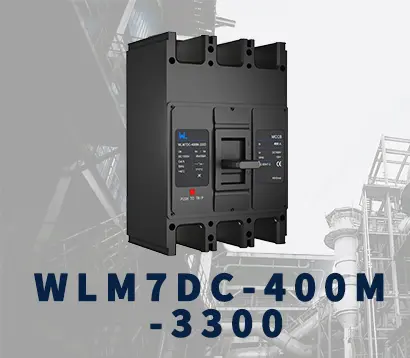 WLM7DC-400A-2300 2P/3P
WLM7DC-400A-2300 2P/3P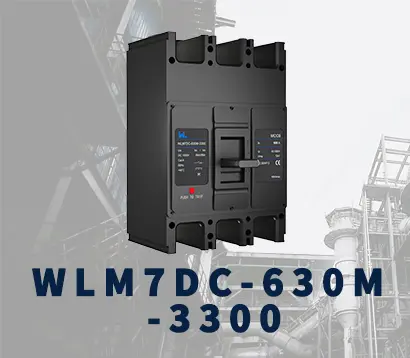 WLM7DC-630A-3300 3P
WLM7DC-630A-3300 3P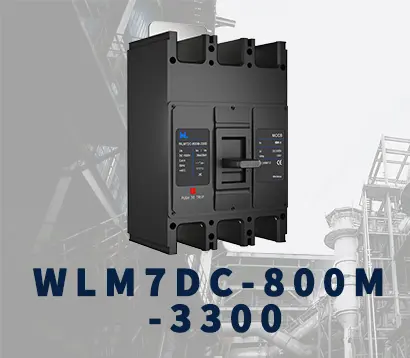 WLM7DC-800A-2300 2P/3P
WLM7DC-800A-2300 2P/3P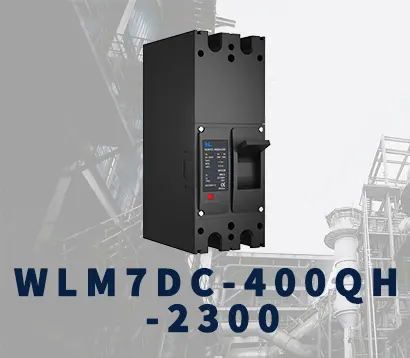 WLM7DC-400A 2300
WLM7DC-400A 2300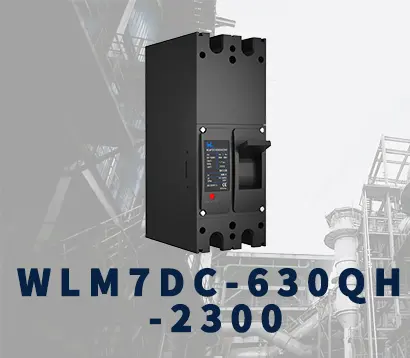 WLM7DC-630A-2300 2P
WLM7DC-630A-2300 2P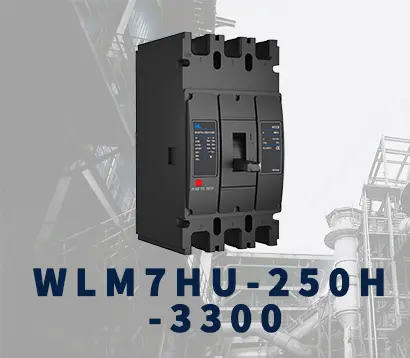 WLM7HU-250-3300 3P
WLM7HU-250-3300 3P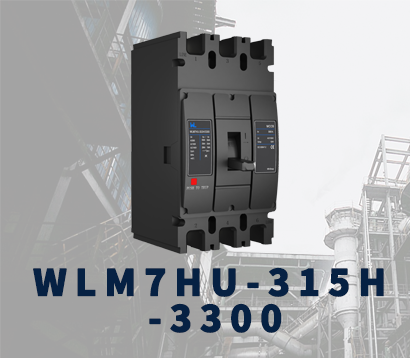 WLM7HU-315-3300 3P
WLM7HU-315-3300 3P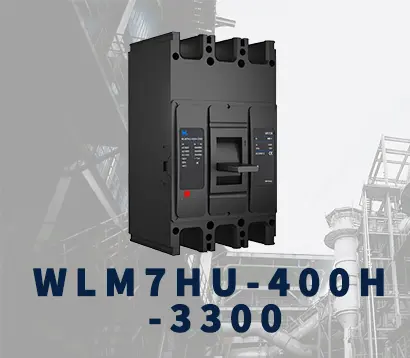 WLM7HU-400-3300 3P
WLM7HU-400-3300 3P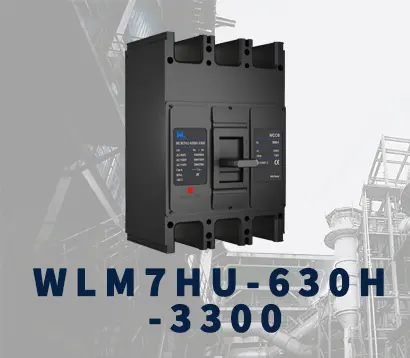 WLM7HU-630-3300 3P
WLM7HU-630-3300 3P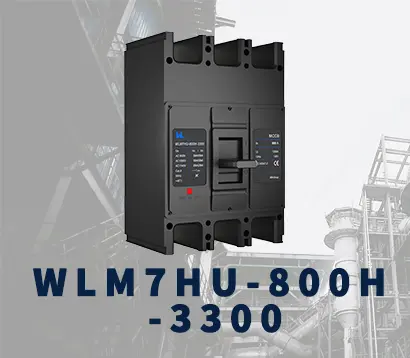 WLM7HU-800-3300 3P
WLM7HU-800-3300 3P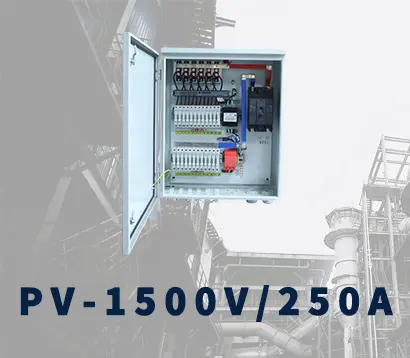 PV-1500V/250A
PV-1500V/250A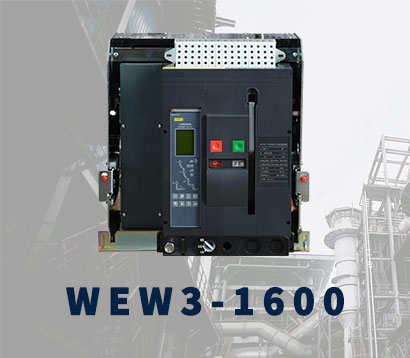 WEW3-1600
WEW3-1600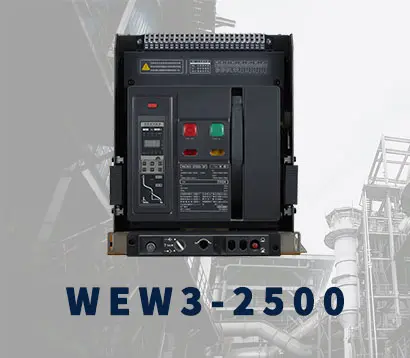 WEW3-2500
WEW3-2500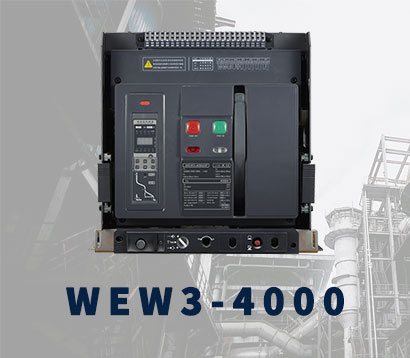 WEW3-4000
WEW3-4000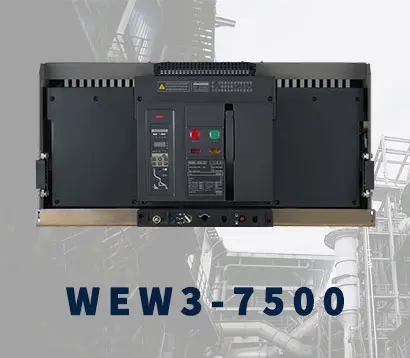 WEW3-7500
WEW3-7500





